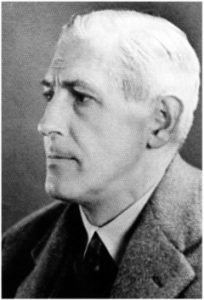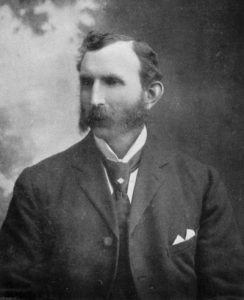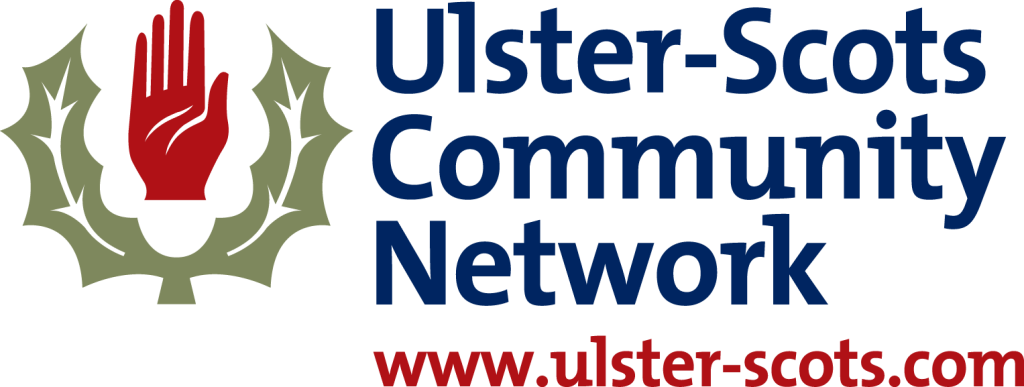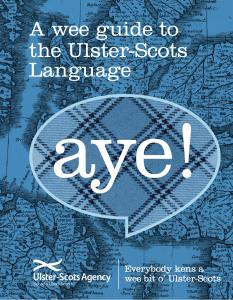Language
Origins of the Ulster-Scots Language
One of the greatest examples of our unique cultural wealth is our linguistic diversity. Everyone in Ulster speaks English, but we also have two cherished minority languages, Irish and Ulster-Scots, which people all over the Province are fighting to preserve and promote.
The Ulster-Scots language was established in Ulster in the early 1600s with the arrival of Lowland Scottish settlers and endures to this day. It is spoken every day by many people in parts of Ulster, and Ulster-Scots vocabulary has been adopted in spoken English in the region. The Ulster-Scots language has featured in printed prose and poetry for around 300 years.
We have produced many other resources for you to learn more about the Ulster-Scots language. To read these, check out our Publications page.
Yarns - Celebrating New Writing in Scots and Ulster-Scots
For the past several years, we have been producing a yearly poetry and prose anthology written entirely in Scots and Ulster-Scots. We put out a call for submissions each year, and have received some fantastic new work by renowned writers and new voices alike.
You can read the first three editions of Yarns over on our Publications page.
Ulster-Scots Writer Spotlight
Below are three Ulster-Scots writers whose works are still celebrated today. We have produced publications on Marshall and Given, which can be found on our publications page.

W F Marshall

Thomas Given


